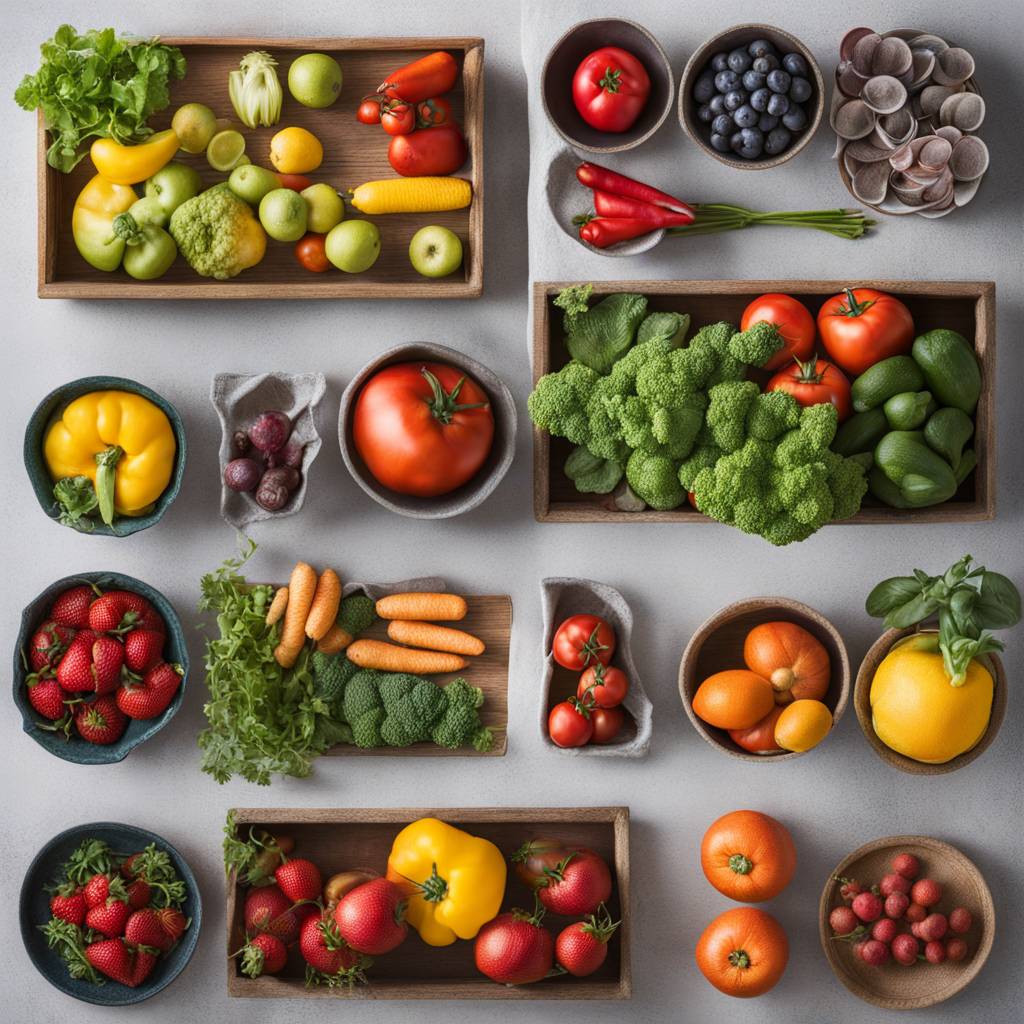Spring has arrived, and gardening enthusiasts are eager to start planting and weeding in their gardens. However, for beginners, the process of starting a garden may seem overwhelming. It is crucial to consider factors such as sunlight, soil quality, and climate suitability when deciding what plants to grow. Fortunately, with some research and assistance, anyone can create a successful garden. Local gardening resources are available, including Master Gardener programs, which aim to educate and support volunteers passionate about gardening. These programs exist in all 50 states, the District of Columbia, some Canadian provinces, and South Korea, offering advice and information to help gardeners thrive in their communities.
Selecting the right location for your garden is essential for its success. Full sun and proper drainage are key factors to consider when choosing a site for planting. Whether you opt for planting in the ground, raised beds, or containers, each method has its advantages. In small spaces, raised beds and container gardens can be a great option for growing a variety of plants. Rutgers Cooperative Extension provides helpful fact sheets with information on best practices and considerations for growing specific vegetables, helping beginners make informed decisions about their gardening sites.
After choosing a suitable location, it is important to assess the soil to determine its quality and nutrient levels. Soil testing services offered by Cooperative Extension offices can provide valuable information about what your soil needs to produce a bountiful harvest. Understanding the pH balance of your soil is crucial, as it impacts the availability of nutrients for your plants. Proper pH balance ensures that fertilizers are effectively utilized by your plants. Conducting a soil test is the most accurate way to assess the pH of your gardening environment and make informed decisions about soil quality.
The timing of planting is crucial for the success of your crops, as different plants thrive when started at specific times. The start of the growing season varies depending on your location and the type of plant you are growing. While some crops can be started indoors and then transplanted outside, others are best planted directly in the ground. Researching the needs and preferences of the plants you choose to grow will increase your chances of success in gardening. Master Gardeners are available to answer questions and provide guidance on the best practices for planting and nurturing your plants.
Investing time in gardening research will pay off in the health and productivity of your plants. Master Gardeners emphasize the importance of relying on educated and researched information rather than anecdotal advice. Partnering with universities, these programs conduct research on the specific environments of each state, ensuring that gardeners receive accurate and reliable information. Gardening should be an enjoyable hobby, and taking the time to learn about the plants you want to grow will lead to a rewarding experience in your garden. Remember to have fun and embrace the learning process as you cultivate your garden this spring.


